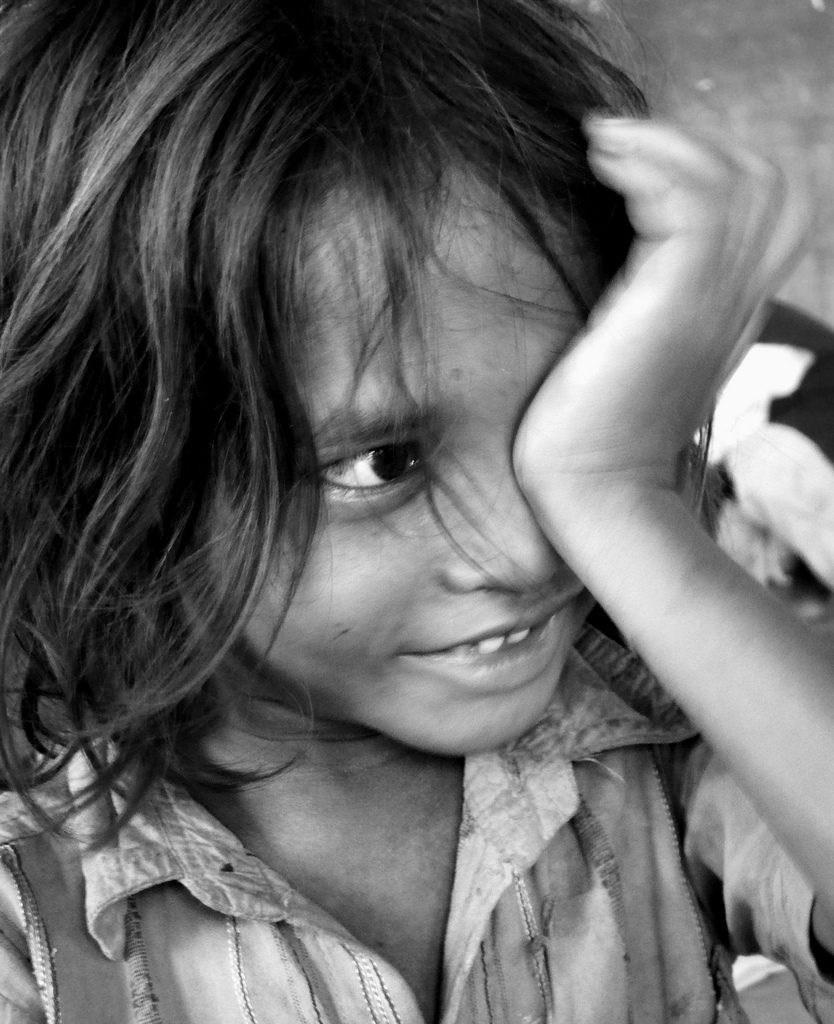"Health at risk for Attapadi children"
October 16th, 2013 Reports on basic health indicators point to serious and continuing problems for the Attapadi people of India, writes Achuch Menon, 20, a Commonwealth Correspondent from India, who looks at some of the contributing factors.
Reports on basic health indicators point to serious and continuing problems for the Attapadi people of India, writes Achuch Menon, 20, a Commonwealth Correspondent from India, who looks at some of the contributing factors.
A survey of the Attapadi tribal belt in Kerala reveals that a large number of tribal children are born underweight and affected by malnutrition.
This is because of poor and inadequate health facilities, and ineffective functioning of the health and social welfare departments at the grass root level. The result is a disturbing rate of infant deaths.
The figures are part of a set of Attapadi health indicators that remain poorer than those of the rest of the state and the nation.
The maternal mortality rate is 700 per 100,000 compared with the state figure of 1.3 per cent. The infant mortality rate is 6600 per 100,000 against the state figure of 14.1 per cent.
A high incidence of severe maternal anaemia, obstetric complications, and deliveries by untrained people all contribute to the numbers of infant deaths among tribal communities.
At the same time, anaemia, malnutrition deficiency disorders, tuberculosis, typhoid and diarrhoea are rampant among the Attapadi. Many people have sickle cell anaemia, a genetic disorder which has a deleterious effect on their health and quality of life.
The most saddening part is that the tribal people suffering from sickle cell anaemia do not get proper medical treatment. Moreover the disease remains incurable. As well, people from the Irula tribe contract the disease, with children dying in their early childhood due to want of proper diagnosis.
Another problem for tribal people is the food they consume and how it is offered.
They do not take ration items sent for distribution nor do they appear to be interested in cooking, according to tribal welfare department officials in charge of local development schemes.
However the food items distributed as part of the mid-day meal program is unfit for human consumption. Concerned authorities recently sought the withdrawal of food grain stocks as there were reports of infestation with insects.
An analysis of rice sample found that it does not conform to the regulations of food grains under the Food Safety Service Regulation Act 2011(FSS), with unsafe food being unfit for consumption.
According to certain studies conducted on Attapadi tribals, it was found that massive deforestation that denudes the land is among the major causes of health problems prevalent among the population.
Other issues are the influence of growing consumerism and lack of awareness about the schemes and programmes initiated by the government and non-governmental organizations operating (NGOs) in the area.
Over and above the issue of low incomes for the jobs available, unemployment adds to the existing woes of Attapadi people, too many of whom are malnourished and sick.
photo credit: viKalp kuMar° via photopin cc
…………………………………………………………………………………………………………………
About me:
I am a graduate in commerce from the University of Calicut, with a diploma in journalism. At present I am a reporter for Associated News of India based at Palakkad, which serves print, electronic, and web-based media in different parts of the country.
I have inherent passion, dedication and enthusiasm. My motivation as a journalist is to give coverage of the oppressed and suppressed that will bring their challenges and issues to the attention of people at the helm of affairs.
…………………………………………………………………………………………………………………
Opinions expressed in this article are those of the author and do not necessarily represent the views of the Commonwealth Youth Programme. Articles are published in a spirit of dialogue, respect and understanding. If you disagree, why not submit a response?
To learn more about becoming a Commonwealth Correspondent please visit: http://www.yourcommonwealth.org/submit-articles/commonwealthcorrespondents/
…………………………………………………………………………………………………………………




